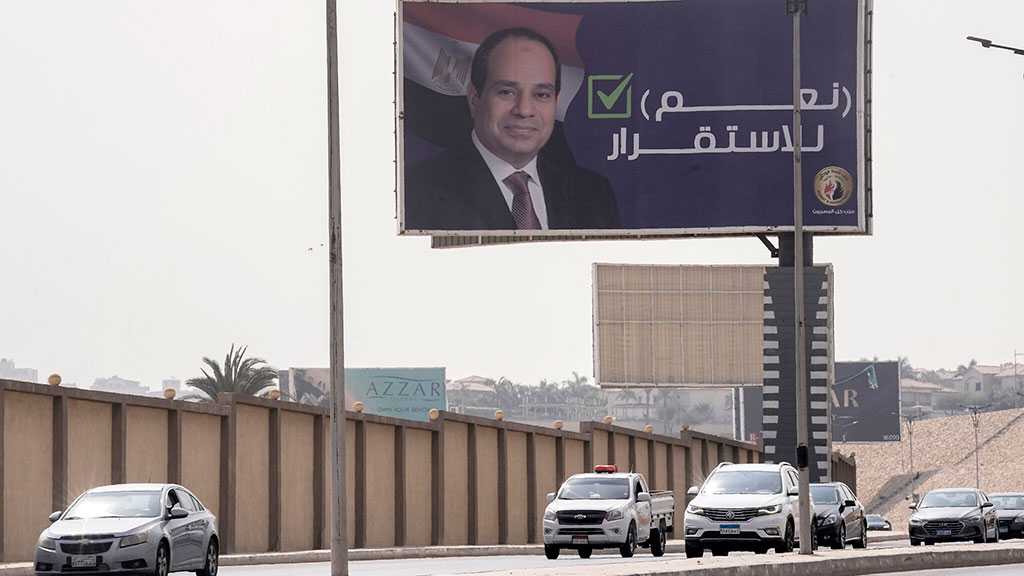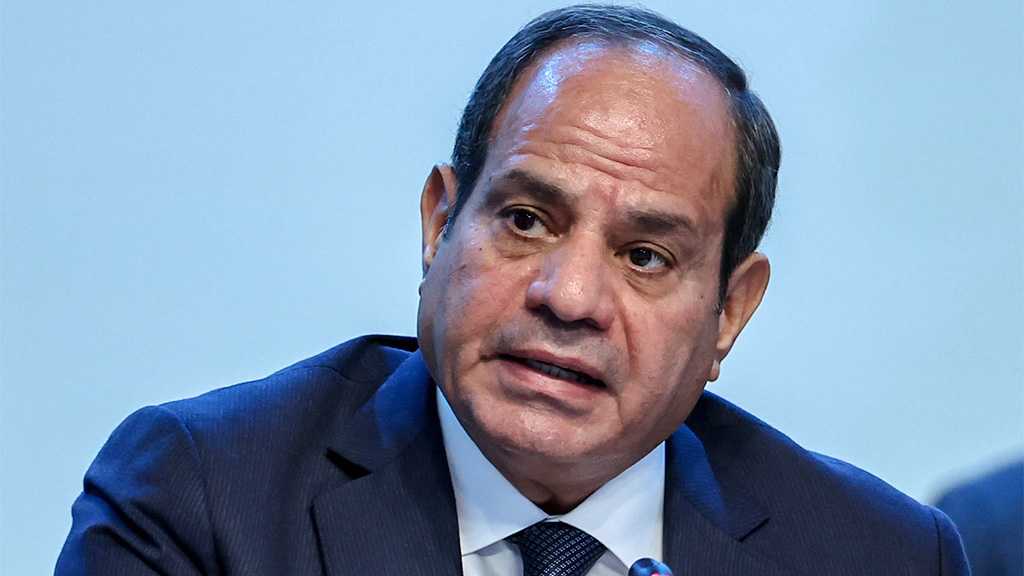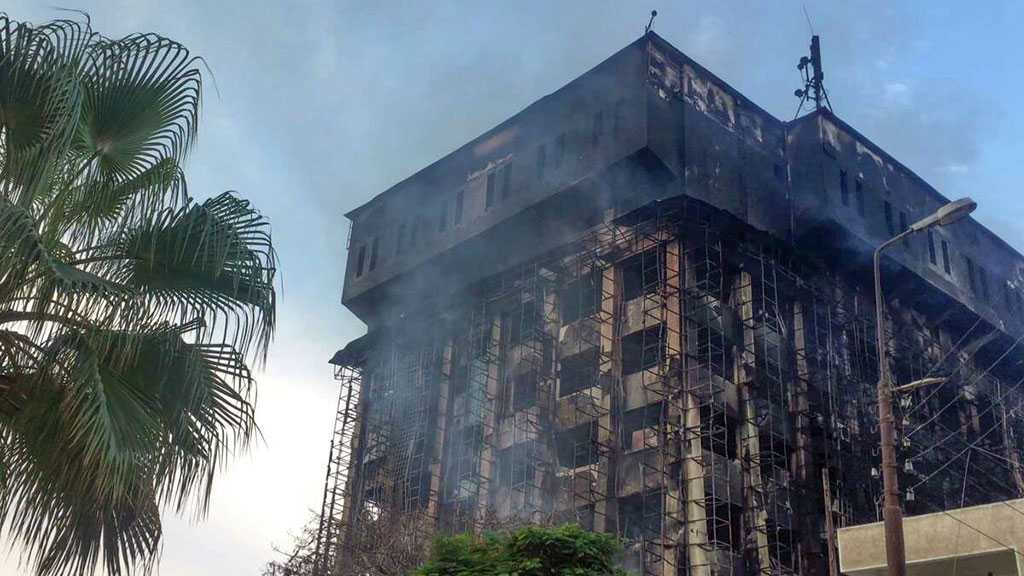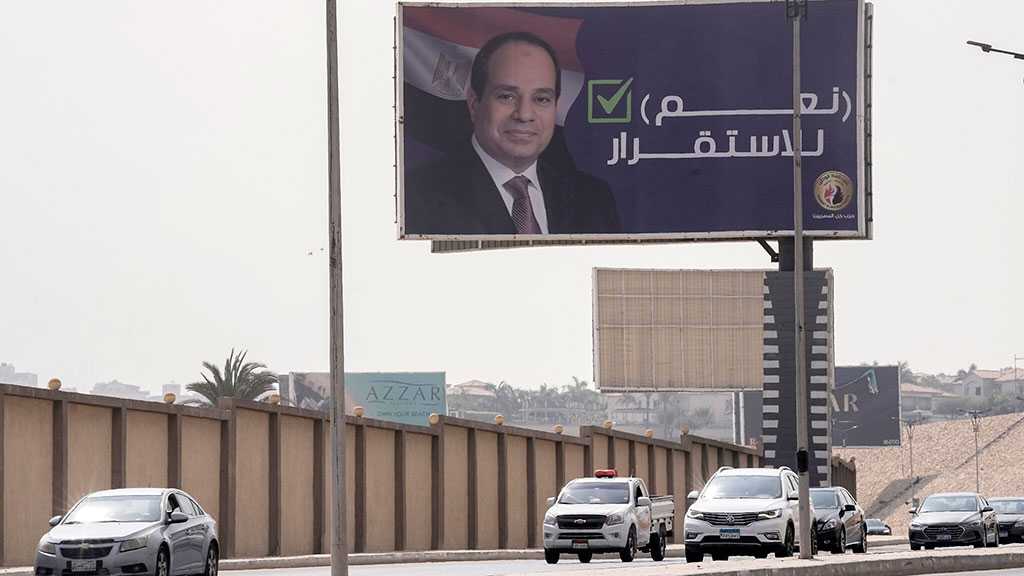
Mubarak Cleared of Protestor Death Charges

Local Editor
Ex-President Hosni Mubarak had been acquitted on charges of killing protesters during the 2011 uprising after a top appeals court issued a final ruling Thursday.
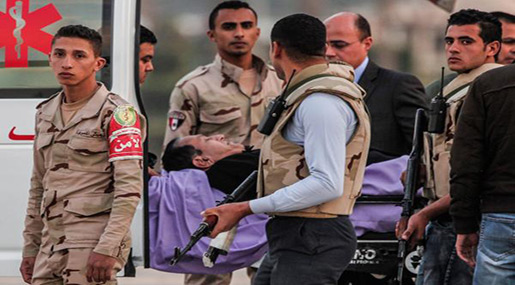
The Court of Cassation rejected an appeal by prosecutors, allowing an acquittal verdict from 2014 to stand. The judge also rejected a civil petition for compensation from families of some of the hundreds of protesters killed during the 18-day so-called "Arab Spring" uprising.
Mubarak and his interior minister, Habib al-Adly, were convicted and sentenced to life in prison in 2012 on charges of failing to protect the lives of demonstrators, but another court threw out the verdict two years later, citing technical flaws in the prosecution.
The ailing 88-year-old Mubarak was flown by helicopter to the courtroom from the Cairo military hospital where he had resided for most of the last six years, and where he served a three-year sentence for corruption charges in a separate case.
He sat in a wheelchair in the defendant's cage during the hearing. When the charges against him were read out, he responded: "It did not happen." Later he exchanged smiles and winks with a dozen or so supporters in the courtroom, including his two sons - Gamal, who was once groomed to succeed him, and Alaa.
Mubarak faced no other charges and is technically free to go, but it was unclear whether he would leave the hospital, where he had been under informal house arrest in recent years. However, a source with knowledge of the matter said that although Mubarak was free to go home, he preferred to remain at the military hospital that had become his home, under constant medical supervision.
Mubarak and figures from his government were widely vilified in the months after the uprising, but many had gradually returned to public life since 2013, when the military overthrew his freely elected successor, the Brotherhood Mohammad Morsi.
Negad Borai, a prominent human rights lawyer, conceded there was not enough evidence for Mubarak to have been found guilty of the charges he faced, but said he still blamed Mubarak's long autocratic rule for Egypt's woes.
International and local rights groups said the freedoms won in the 2011 uprising had been lost since then, and that the security services today are even more brutal and repressive than under Mubarak.
President Abdel-Fattah al-Sisi defended the government's actions, saying they are needed to restore stability after years of unrest.
After a meeting with visiting German Chancellor Angela Merkel Thursday, Sisi said his government was trying to strike a "balance between human rights and security measures."
Source: News Agencies, Edited by website team
Comments
- Related News
